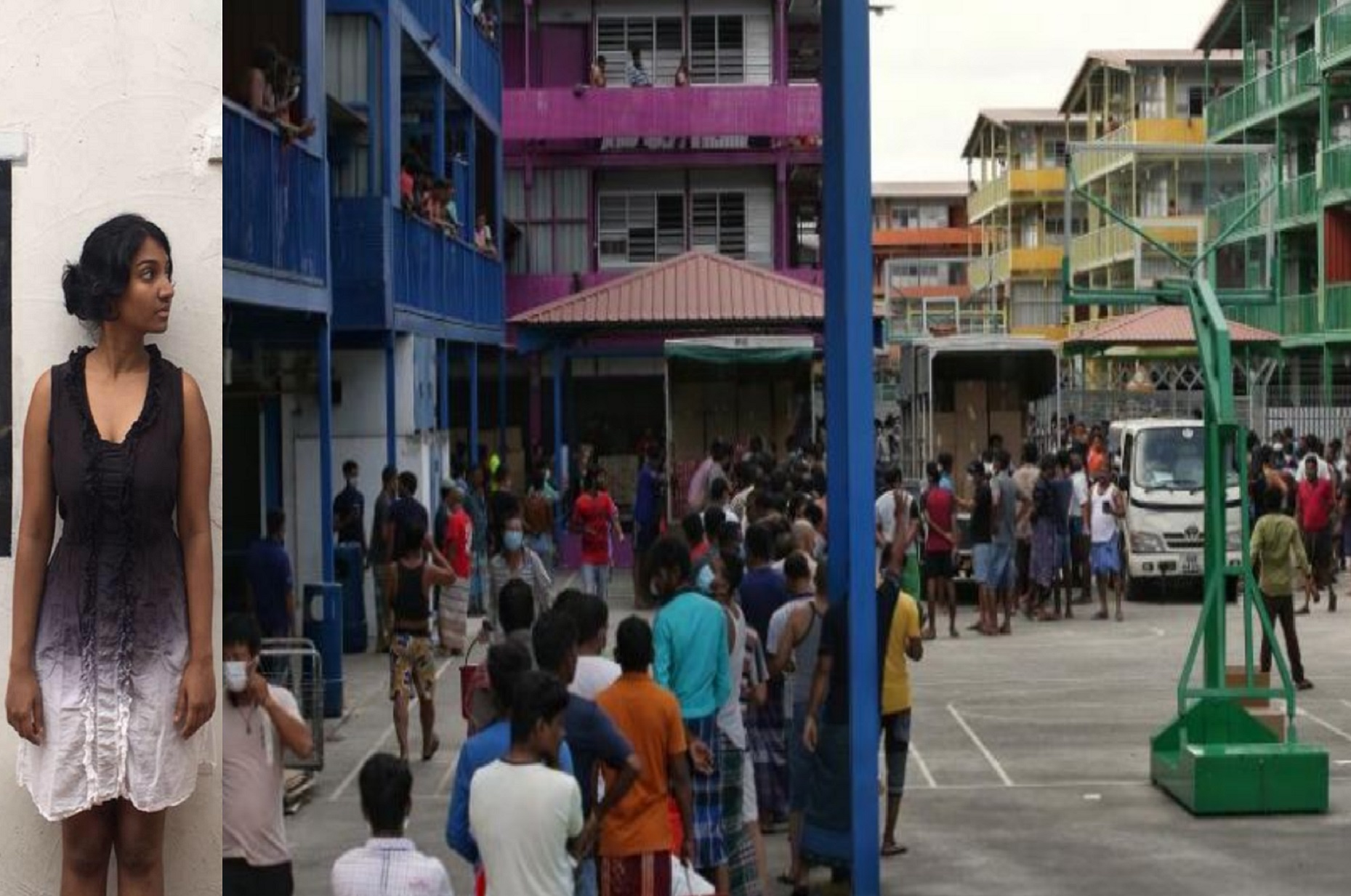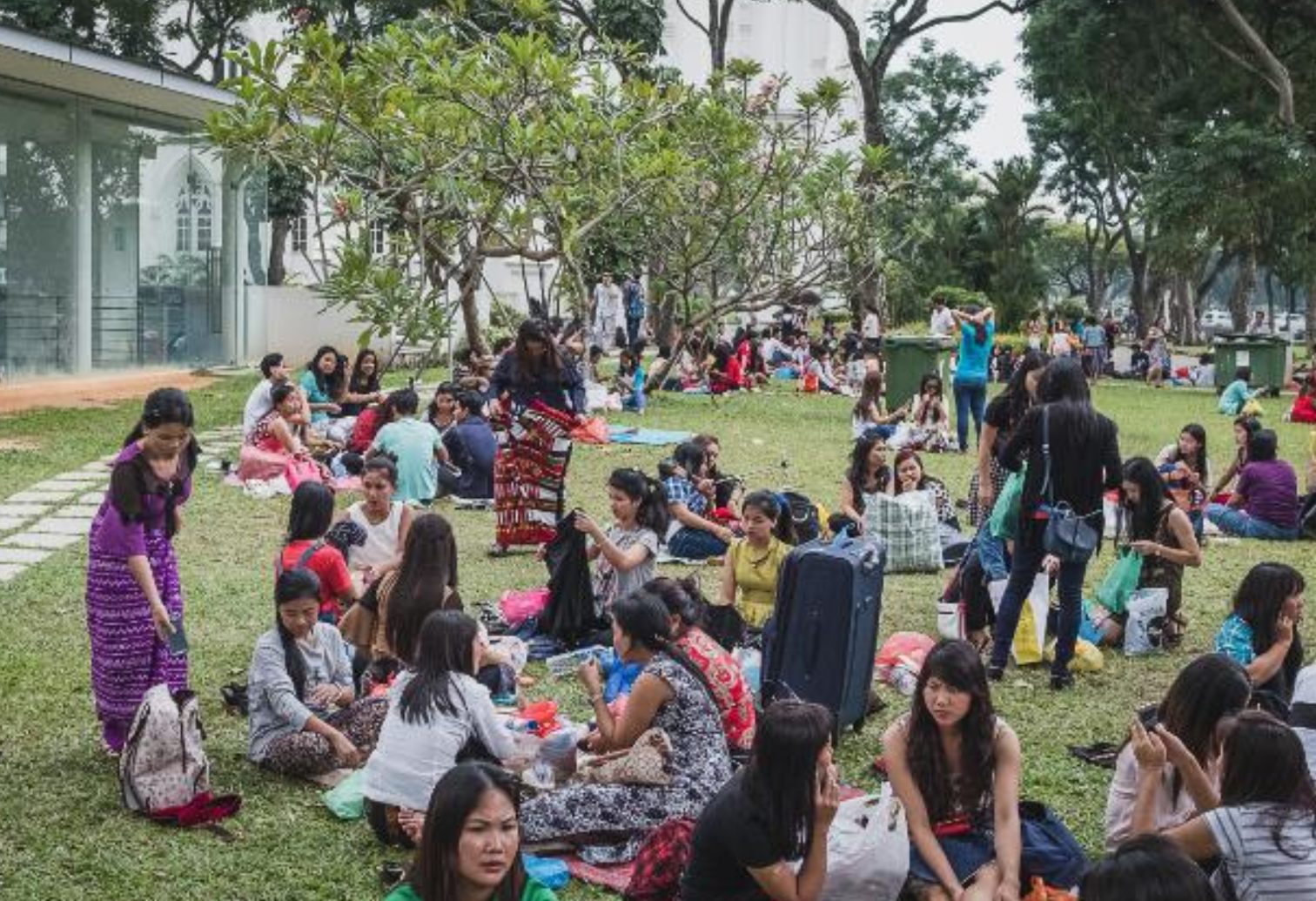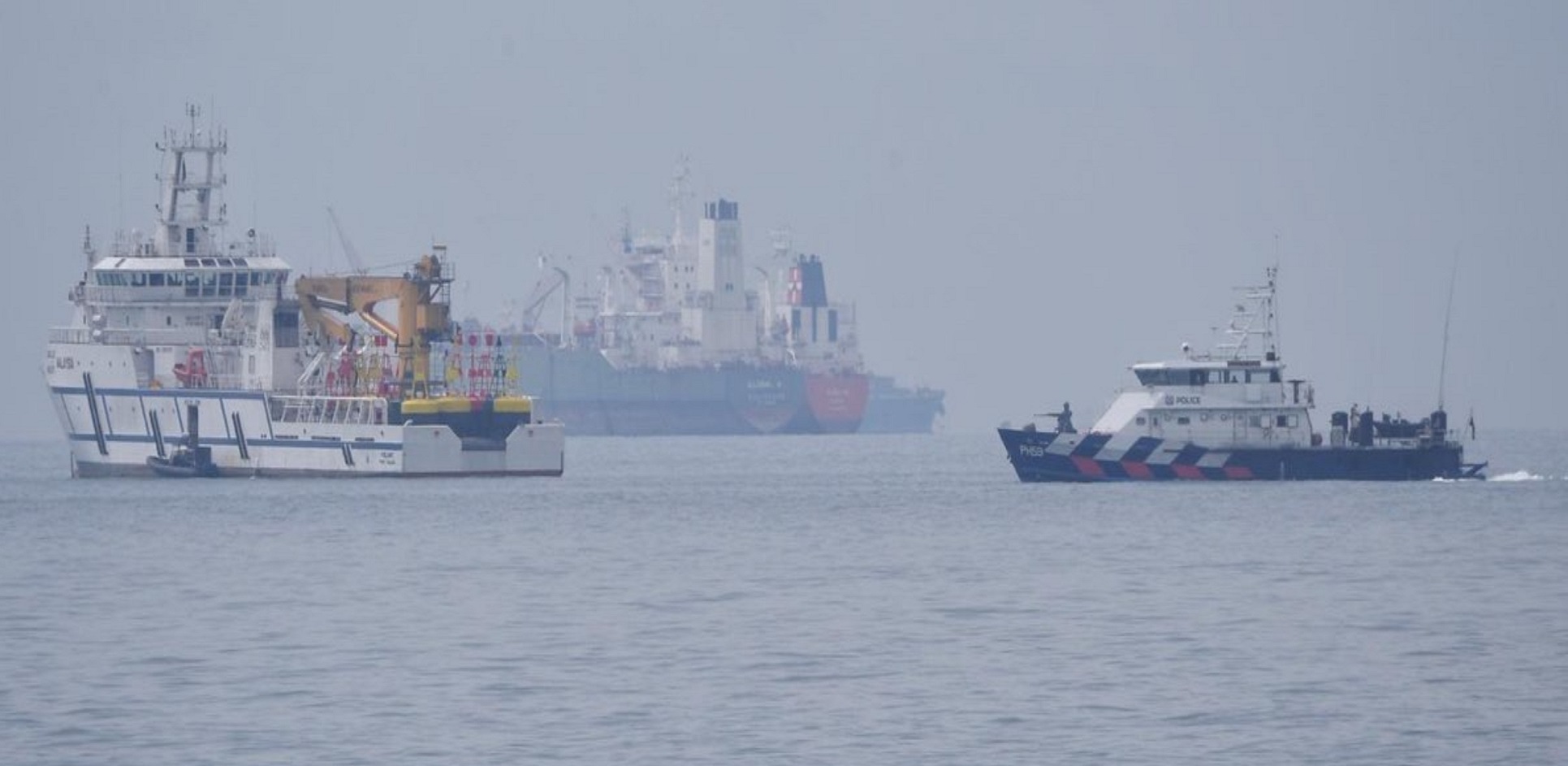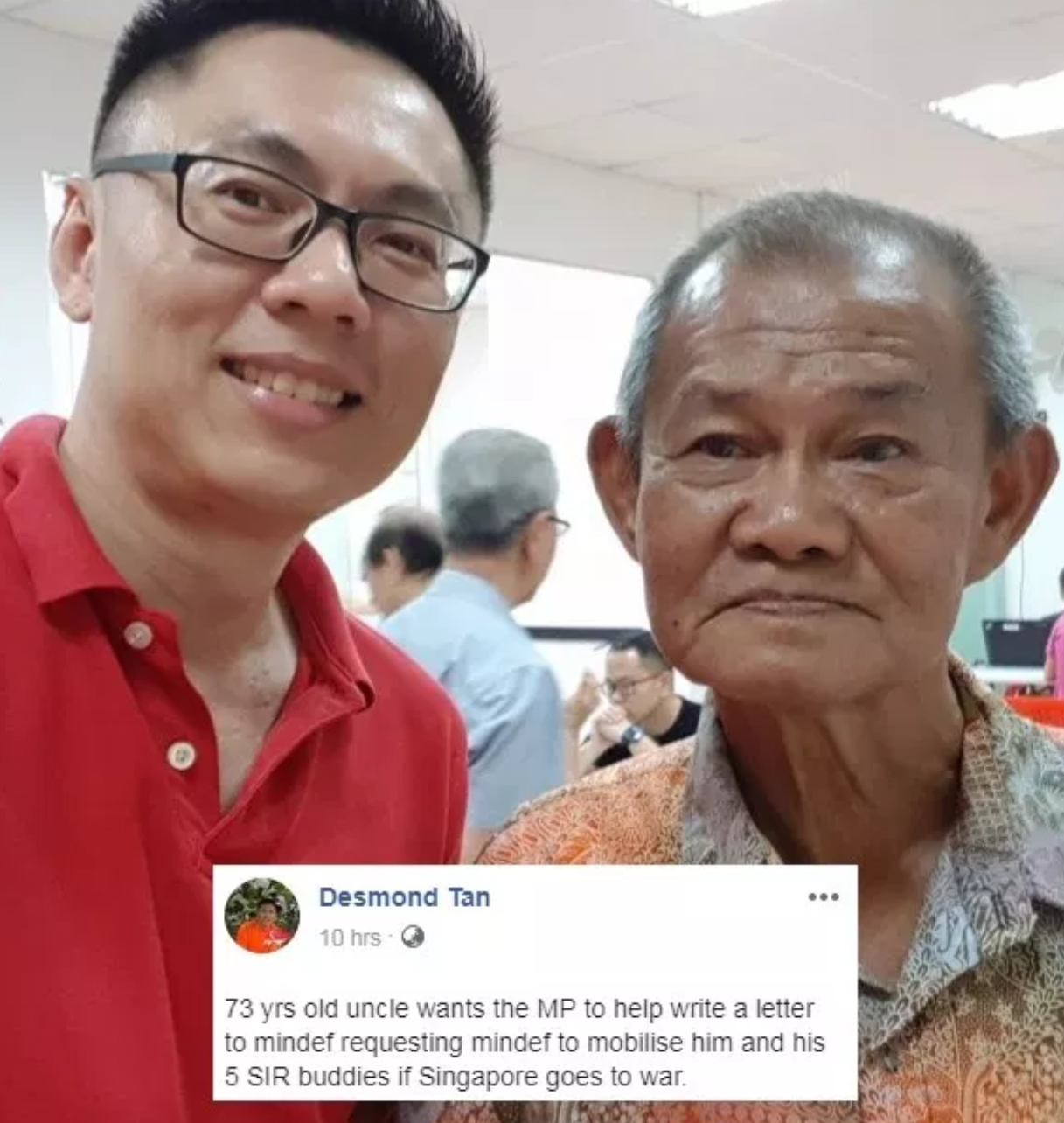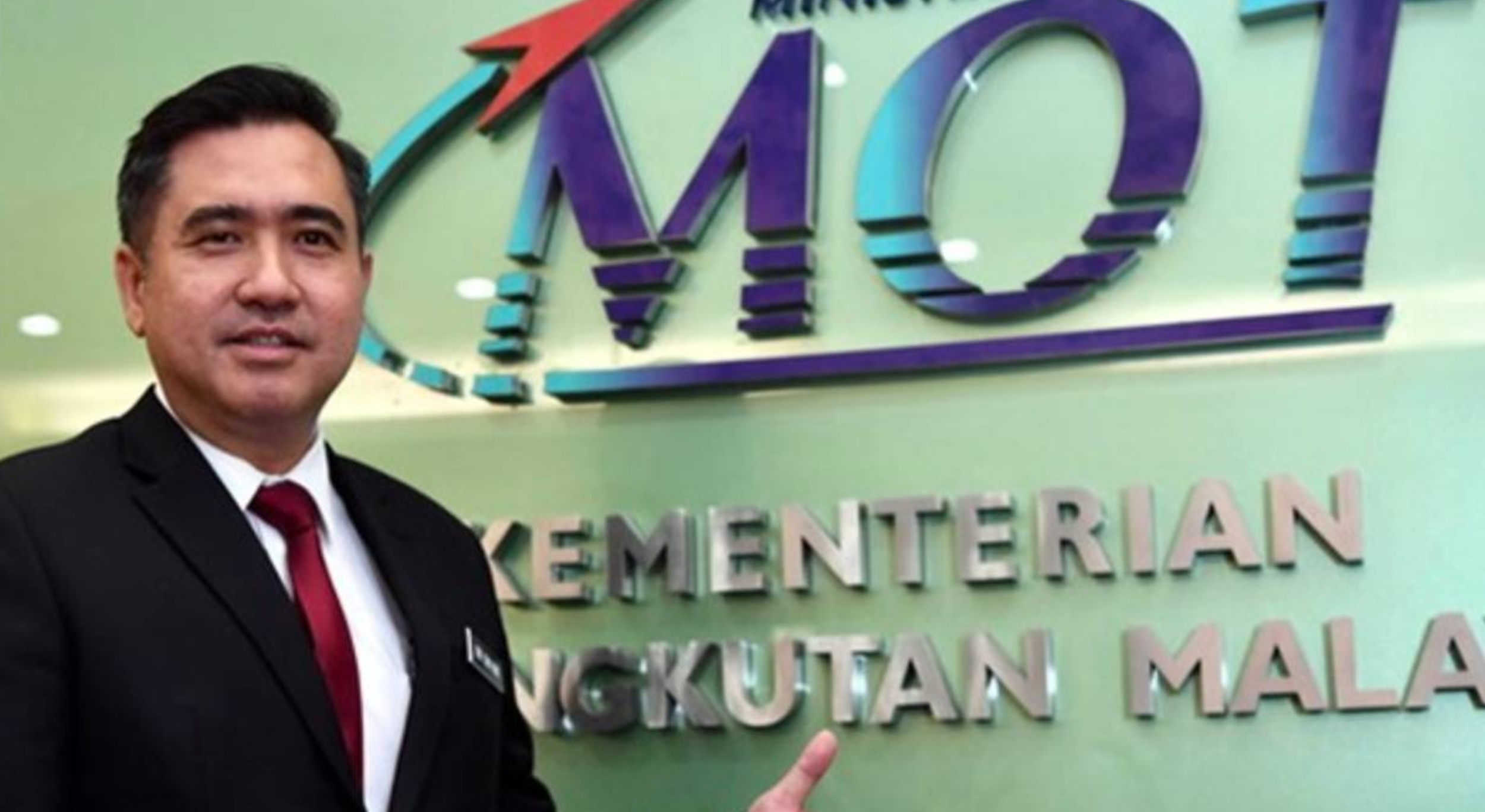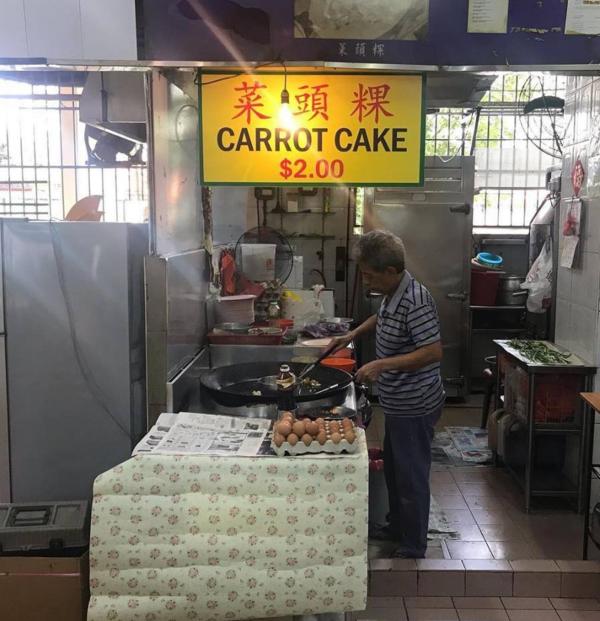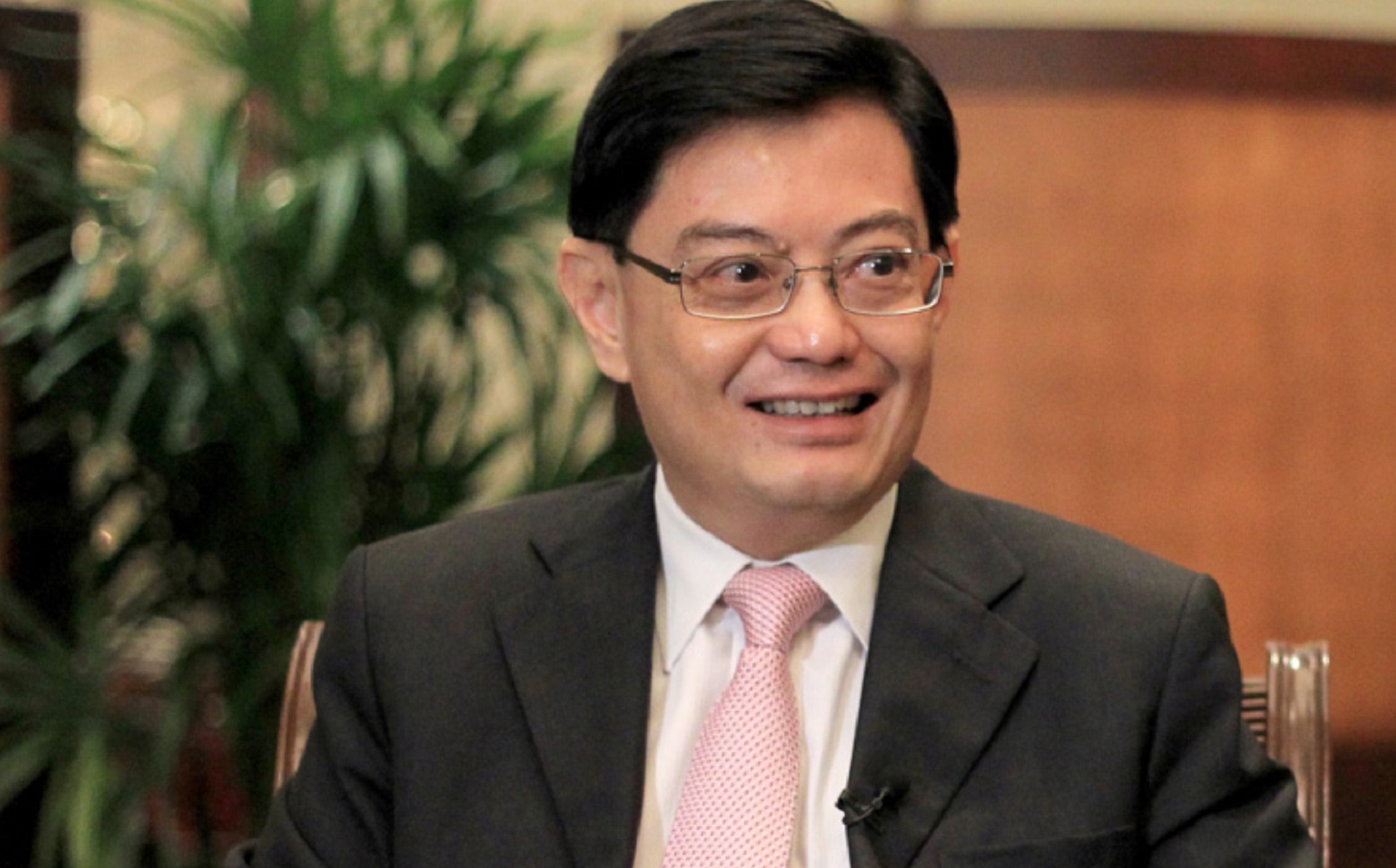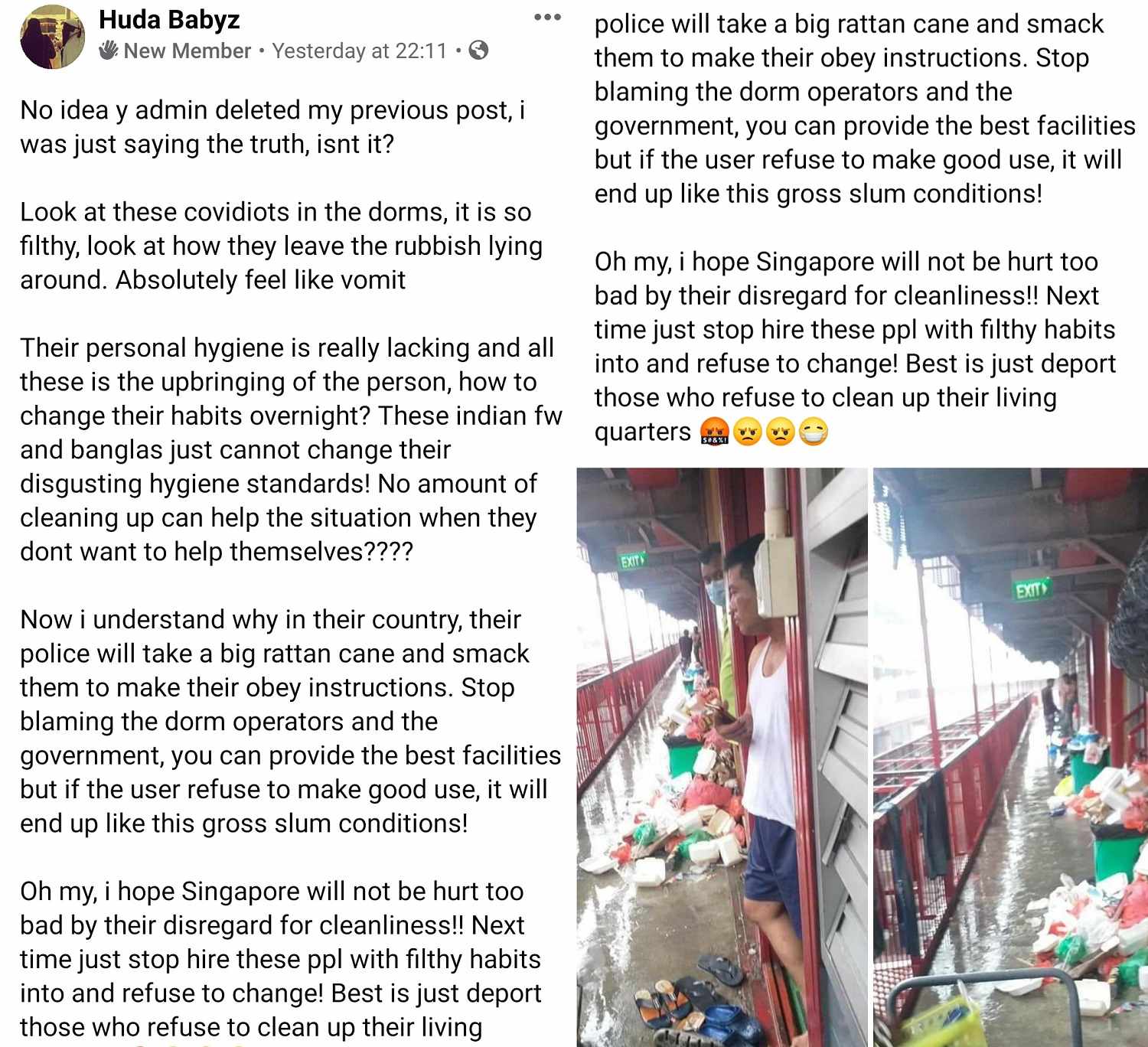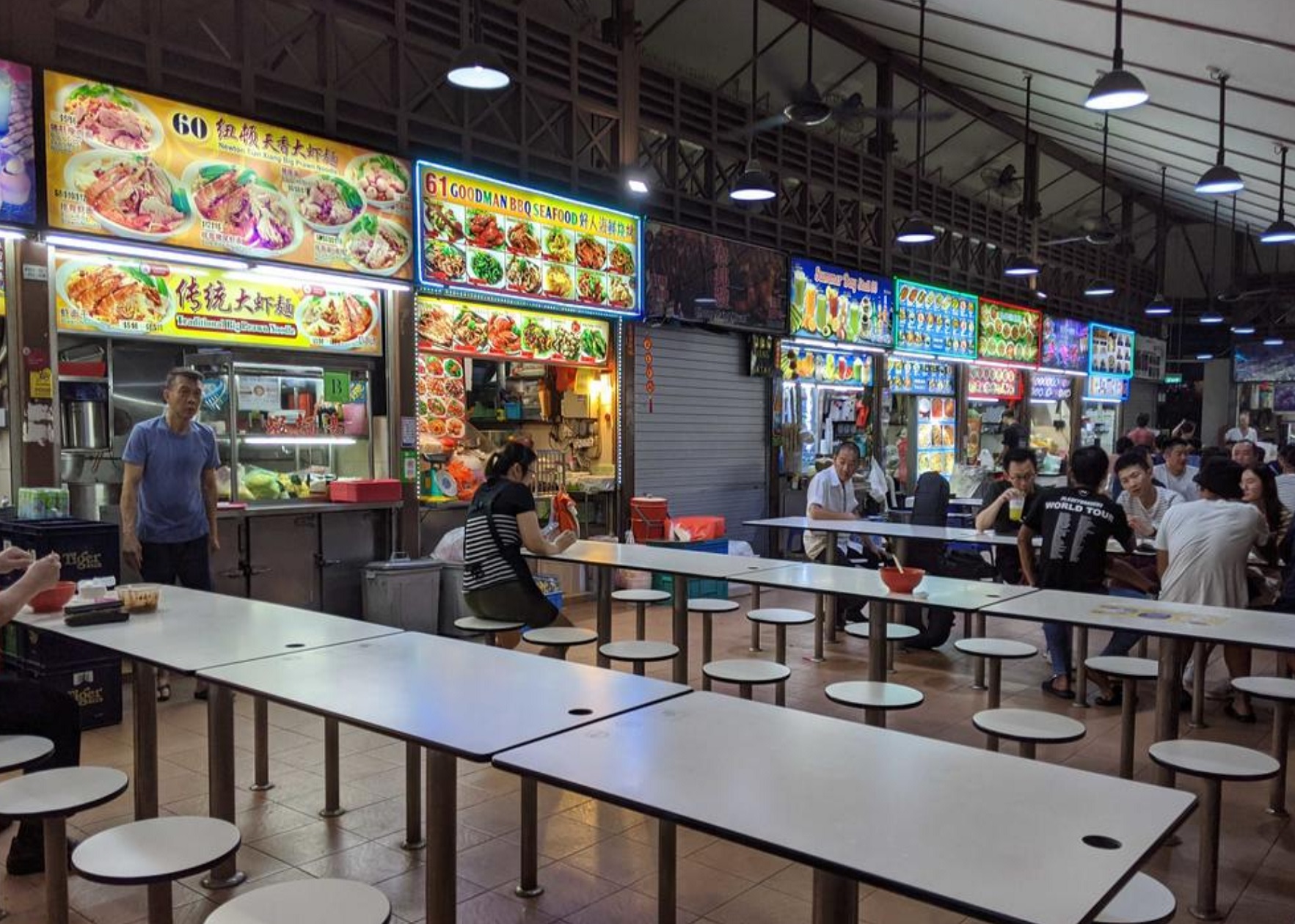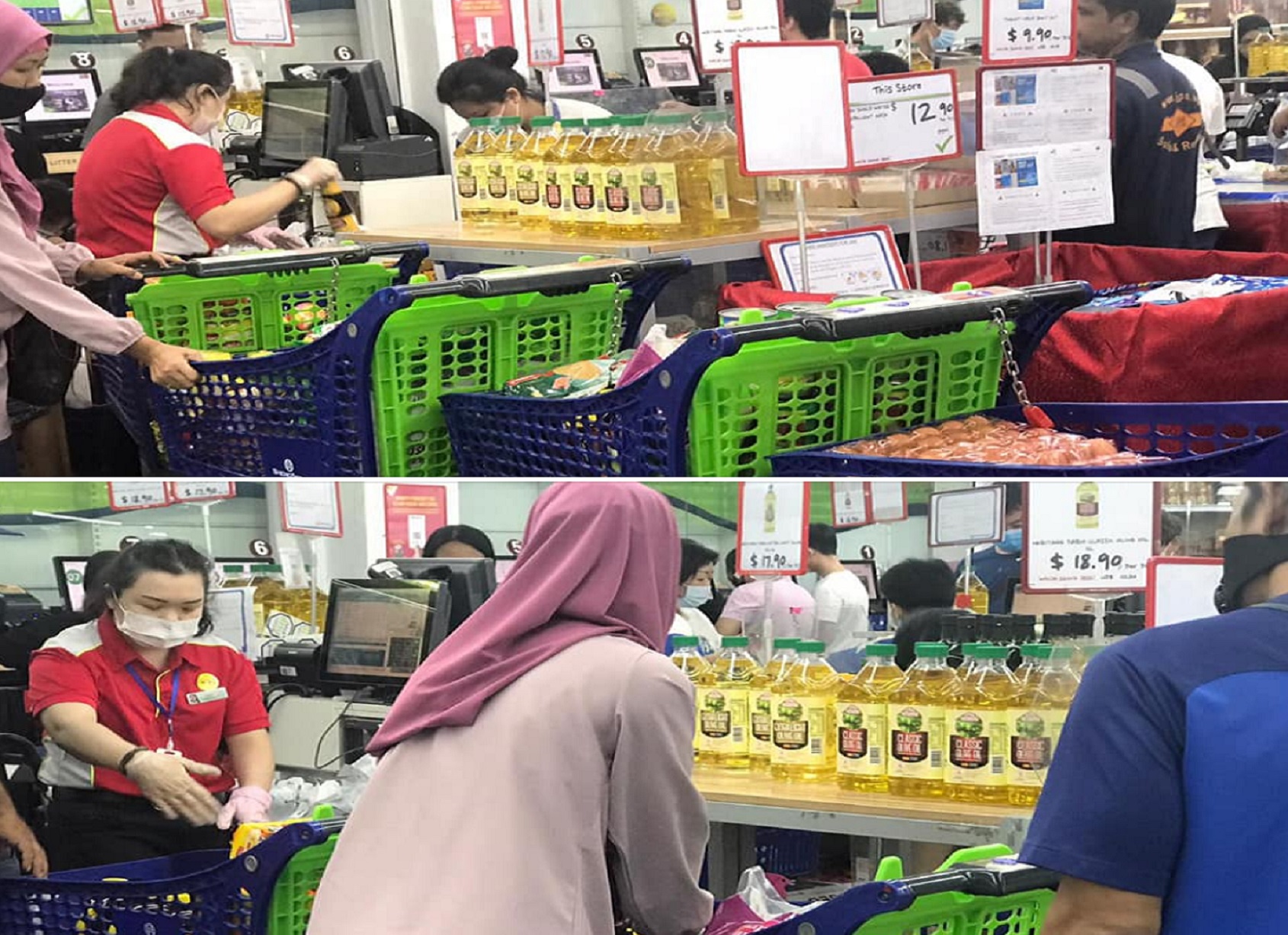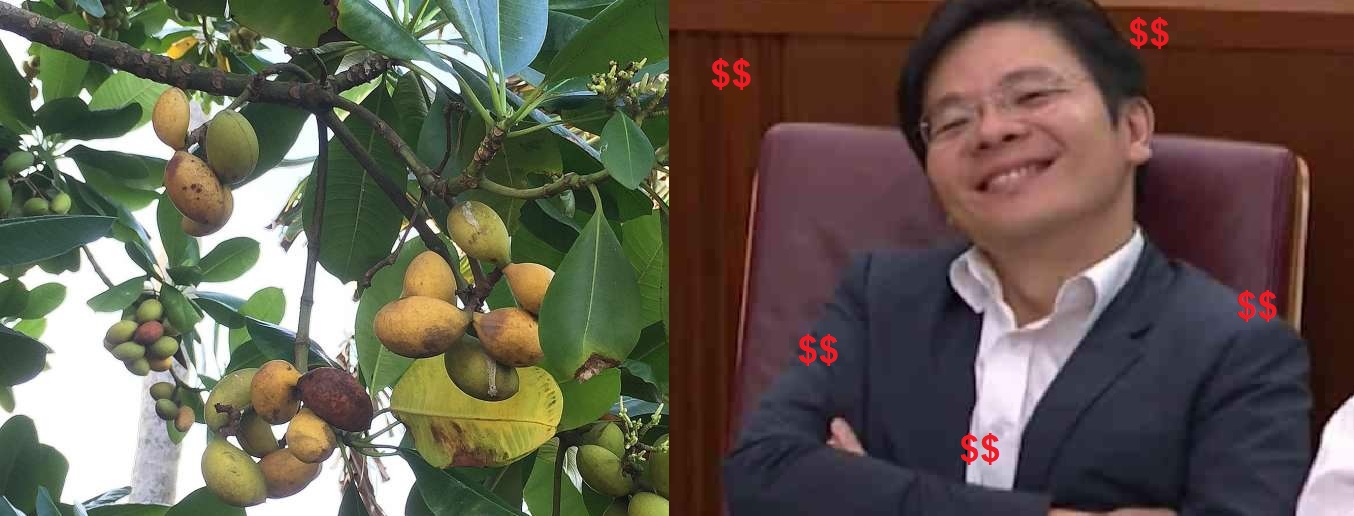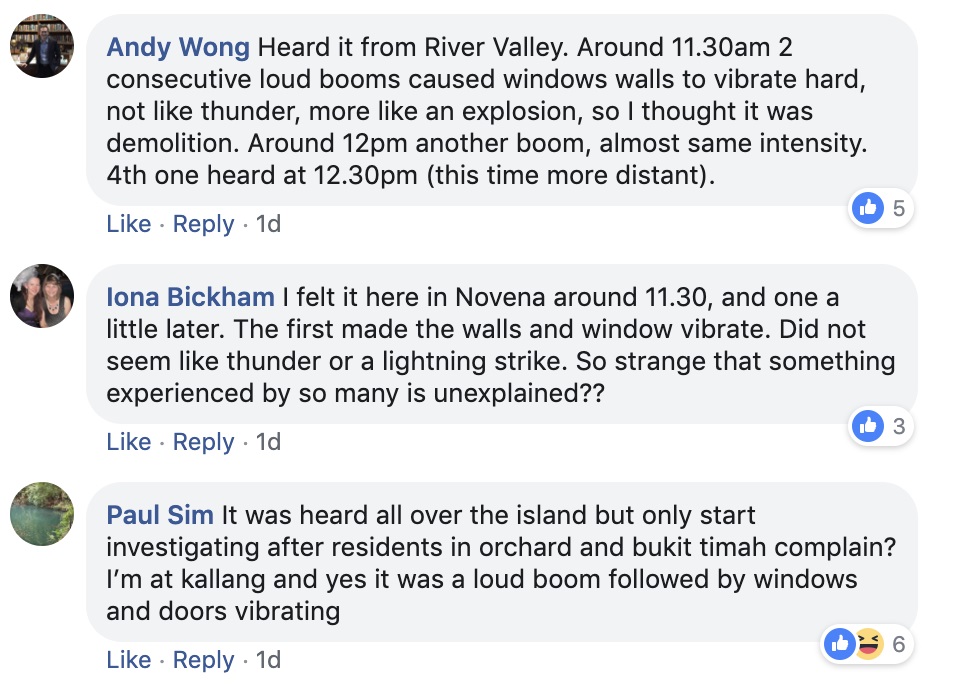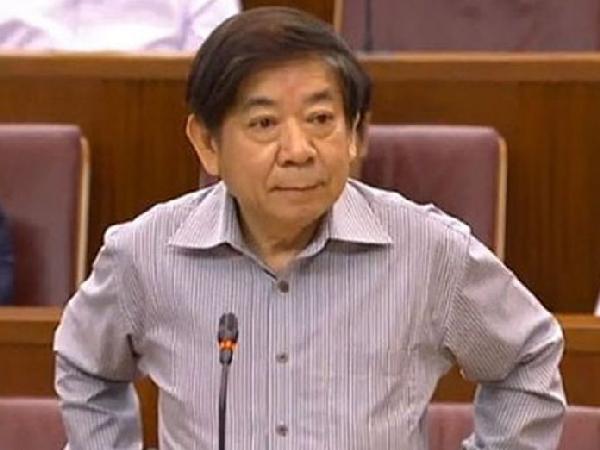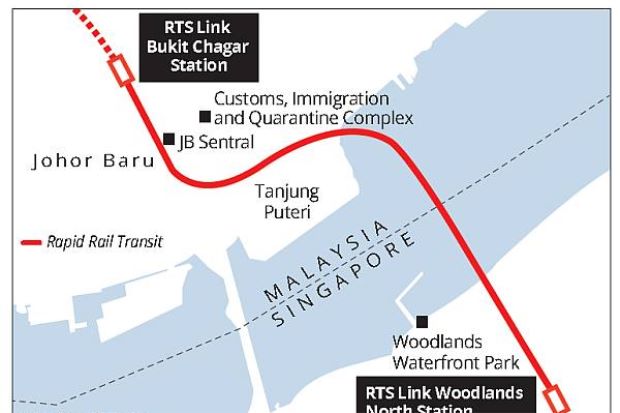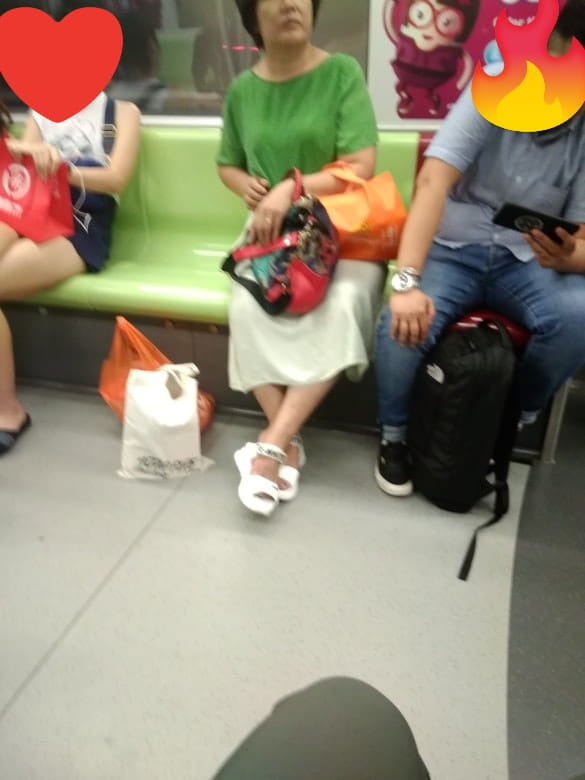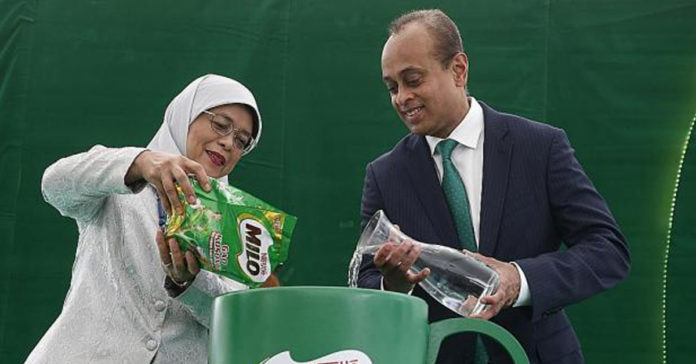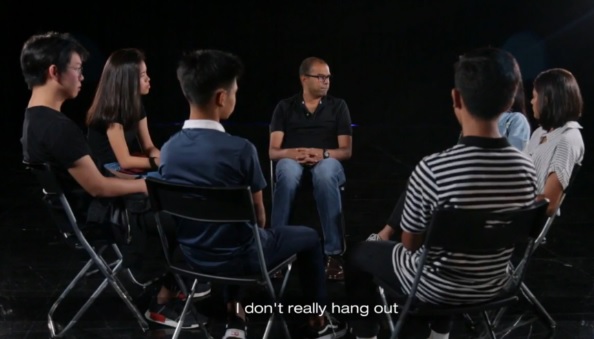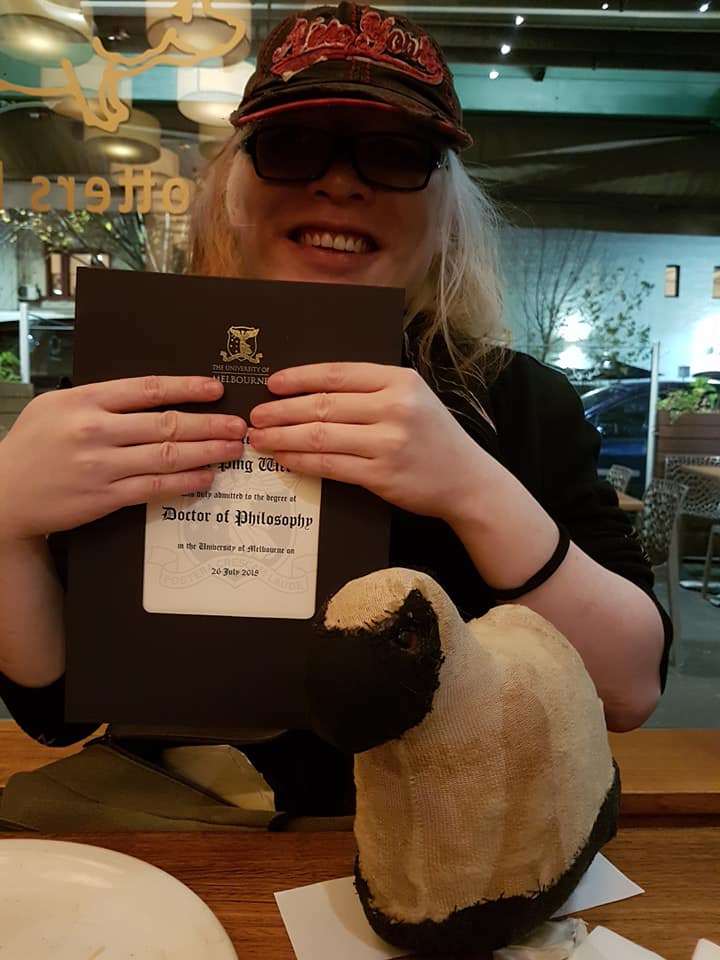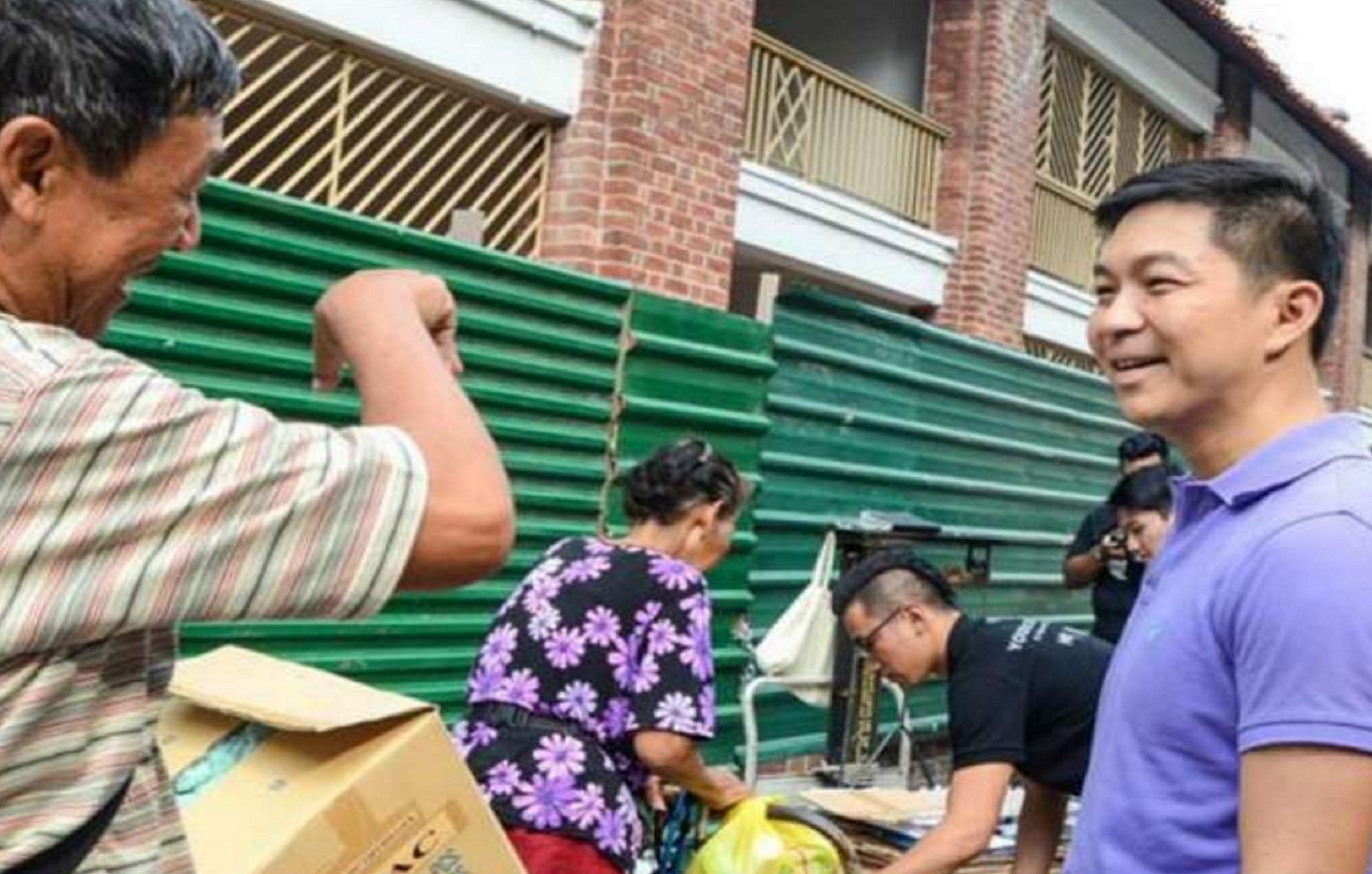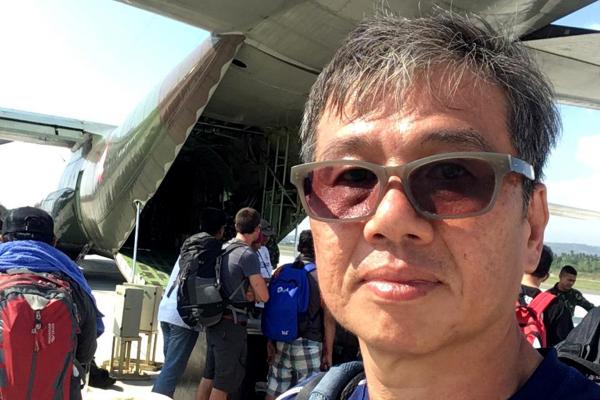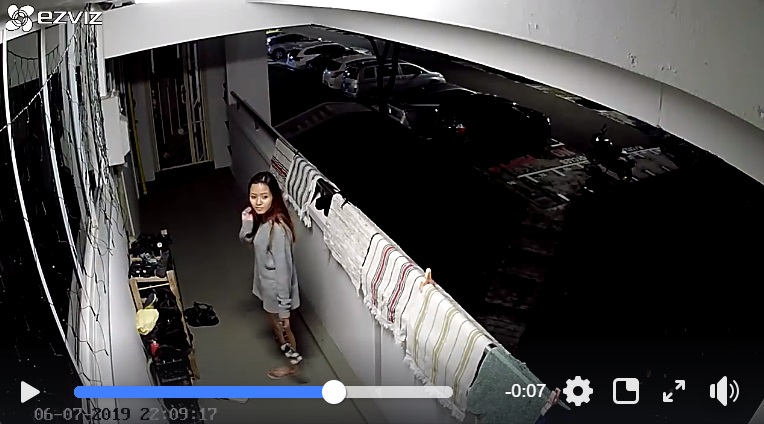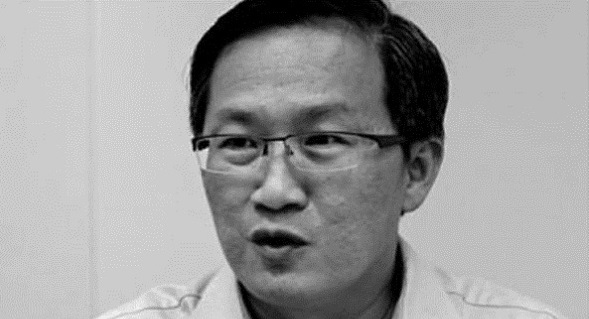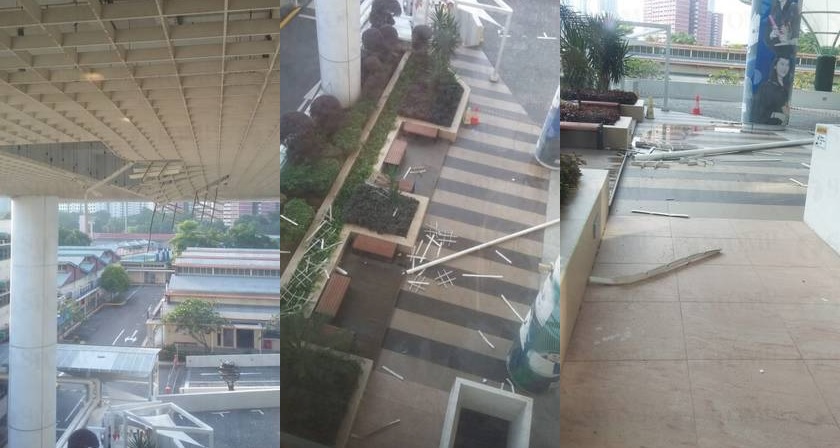Malaysian Transport Minister, Anthony Loke, is fast becoming a popular figure in Malaysia. Since taking over the transport portfolio in May 2018, Loke has been responsible for overseeing several policy re-evaluation with regard to its air, land and sea arrangements with Singapore, stoking nationalistic fervour among our neighbours. Recently, PAS President Abdul Hadi Awang remarked that non-Malays should be grateful that they have been allowed to stay on in Malaysia. Maybe now Malaysian-Malays may be thankful to have a Chinese Transport Minister like Anthony Loke who has stood up to his Singaporean counterparts. In this Malay-dominated world, Loke is proving himself a very capable man. Even the Malaysian Defence Minister, Mat Sabu, a Malay, has been reticent on the issues.
Who is Anthony Loke?
Loke was born on 28 April 1977 in Negeri Sembilan. He is an alumni of the Universiti Kebangsaan Malaysia (UKM), having graduated from the university in 2000 with a degree in Development Science. He entered politics through the Democratic Action Party (DAP). He won his first state legislative seat in 2004 and made further progress at the federal level thereafter. During his time as an opposition, Loke was critical of the then Barisan National (BN) coalition government led by UMNO.
Relationship with Mahathir Mohamad
Loke has had a lot to prove since entering the Pakatan Harapan (PH) coalition. It was seen as a relationship of convenience, different parties coming together with the aim of ousting the incumbent, Najib Razak. Loke and Mahathir did not always see eye-to-eye on domestic political issues in Malaysia but have now placed their differences aside for the country. Loke's electoral competitor from MCA had argued that the DAP would lose their Chinese votes precisely because they are working with a "dictator" like Mahathir to oust Najib and his BN coalition. Bringing Mahathir back to power was deemed as an ultimate betrayal by DAP.
Loke himself had to apologise to Mahathir as they had to cover over 40 billboard that used Mahathir's, following a directive from the Malaysian Elections Commission. As PH was not formally registered as a coalition, they were not allowed to use the images of politicians from another party.
Despite the setbacks and criticisms, Loke has demonstrated his utmost loyalty to the PH coalition, and to Mahathir.
Domestic Challenges as Transport Minister
In his short tenure as the Minister of Transport, Loke has had to deal with several challenges from the ground. These challenges stemmed mainly from the more protectionist taxi community who are wary of the entry of players like Grab and Uber. There was also resistance to Loke's ideas such as having Singapore-type limited-time certificate of entitlements for cars.
There was a protest by more than a 100 taxi drivers on 17th October in relation to proposals by the government (Finance and Transport Ministries) to work with Grab to provide services at MRT stations that would complement existing feeder bus services. Another peaceful gathering by taxi drivers about a week later also called for Loke to step down as Transport Minister. The main taxi NGO in Malaysia felt that Loke was the main reason why the issues between taxi drivers and Grab have not been resolved. They believed that Loke's ineptitude had opened them (the taxi drivers) up to criticisms from public transport users. There was also a petition on change.org similarly calling for Loke to resign.
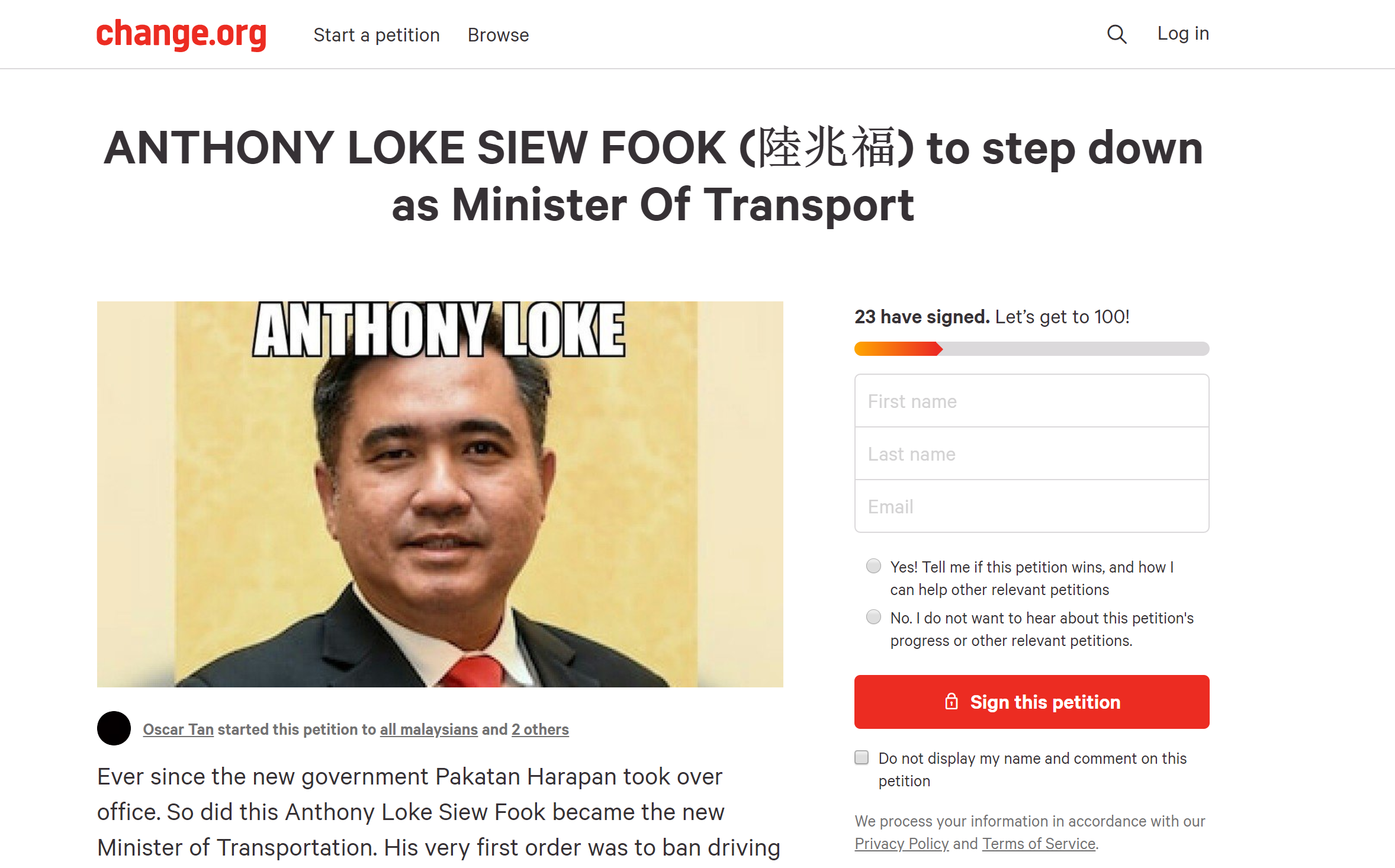
Singapore as Whipping Boy
These domestic challenges aside, Loke has worked hard to gain favour with the Malaysian public by focusing its transportation policies concerning Singapore. Even before the issues of taking the airspace over Southern Johor and extending its maritime port limit off Tuas, Loke, along with his other cabinet members, oversaw the disruption to the High-Speed Rail (HSR) link project. The HSR was a pet project of the previous Najib-led government and did not stand a chance of surviving when PH took over.
Malaysia is facing economic challenges due to external conditions and internal fiscal indiscipline attributed to the previous government. The postponement of the HSR project was seen a much-needed attempt to shore up Malaysia's fiscal position. The two governments finally agreed to postpone the project without subjecting Malaysia to the full penalties under the initial agreement. This was out of character for Singapore that has always adhered to black-and-white agreements. Nonetheless, the concurrence was given in the interest of good neighbourliness but showed, that maybe, the new generation of Singapore leaders, do not have the same backbone and character of their pioneers.
For Loke, this was a win-win proposition. Not only could Malaysia focus on its economic issues, it allowed PH to gain more political mileage from its supporters who saw the HSR as a waste of money. He also knows that the resolve of his Singaporean counterparts could be tested, for his own benefit.
Loke came into cabinet with a lot to prove especially considering his race, and the historical animosity between DAP and Mahathir's previous party, UMNO. He has yet to win over everyone and faces some challenges under his portfolio. Turning to focus on Singapore was his best move yet.
The writer, Faith, has faith that she will still be able to eat chendol in Malacca in the future.
